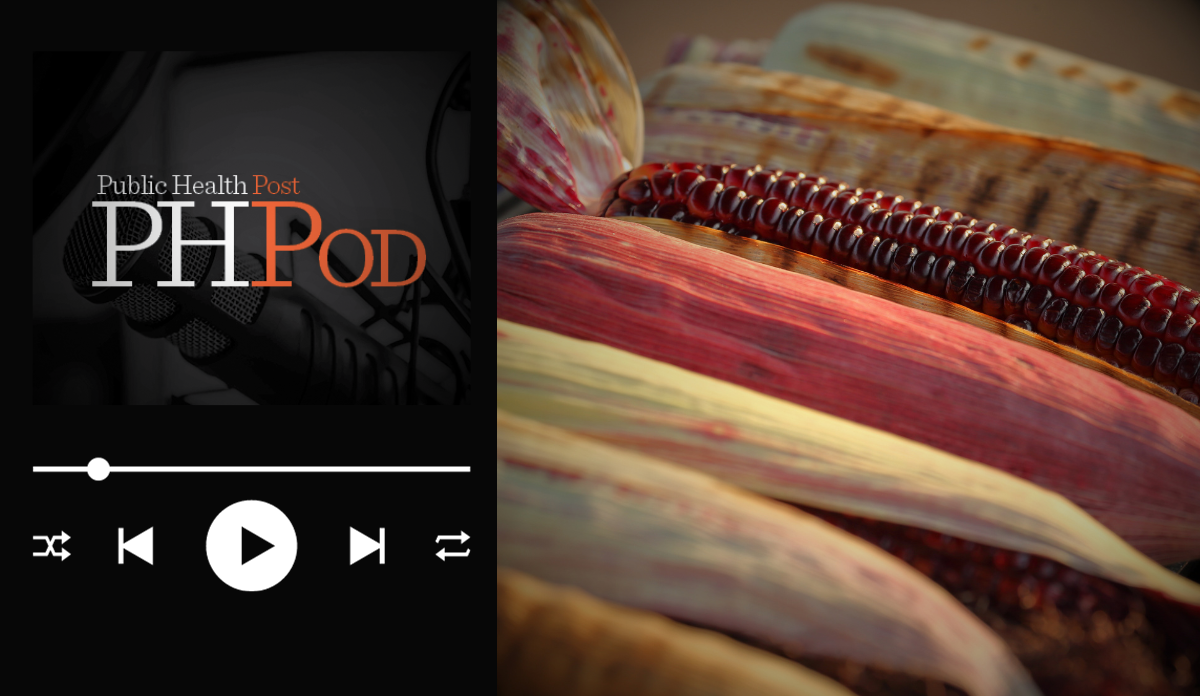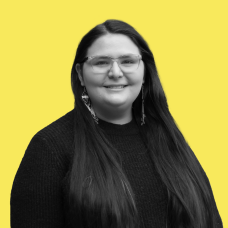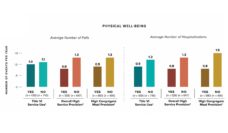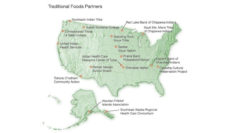Food sovereignty is a movement addressing the impact of global hunger and poverty among Indigenous peoples and farmers. Directly contrasting the currently accepted corporate production of food, food sovereignty empowers communities to determine how their own food is produced and distributed by rebuilding the relationship between food and the land. Food sovereignty-focused initiatives, like farm-to-table and farm-to-school programs, are essential for American Indian and Alaska Natives (AI/AN) and the long-term health and economic stability of their communities.
In this month’s episode of PHPod, host Kara Schmidt sits down with Ryann Monteiro, an Indigenous public health practitioner and educator, to discuss food sovereignty and Indigenous food practices related to cultural preservation and revitalization. Last year, Monteiro designed and taught a course at Boston University, called “Indigenous Food Cultures and Communities.” The course explored the concepts of Indigenous food practices and the disparities in food-related chronic diseases impacted by the political, structural, and economic drivers of corporate food productions. Her goal as an educator is to help individuals and organizations close the gap between intent and concrete action within their policies, programs, and practices. Outside of teaching, Monteiro has worked as a project manager at Cambridge Health Alliance on the health improvement team and as the racial equity project manager for the Organic Farmers Association. She has also contributed to the development of corporate diversity, equity, and inclusion trainings and served on the steering committee for the Boston Food Access Council. She has also written on the historical impact of the Thanksgiving holiday on Indigenous communities, marking it as a National Day of Mourning. Monteiro is continuing her work in Chicago, Illinois, having recently started a PhD program at Northwestern University.














